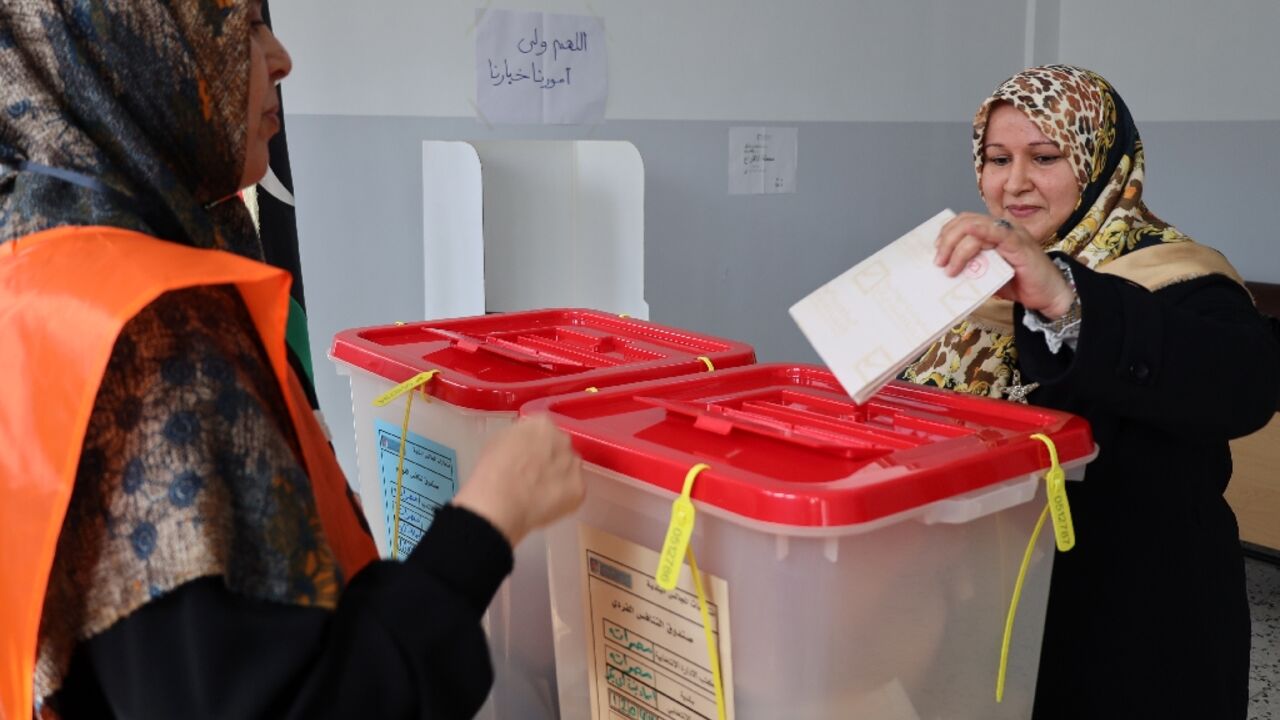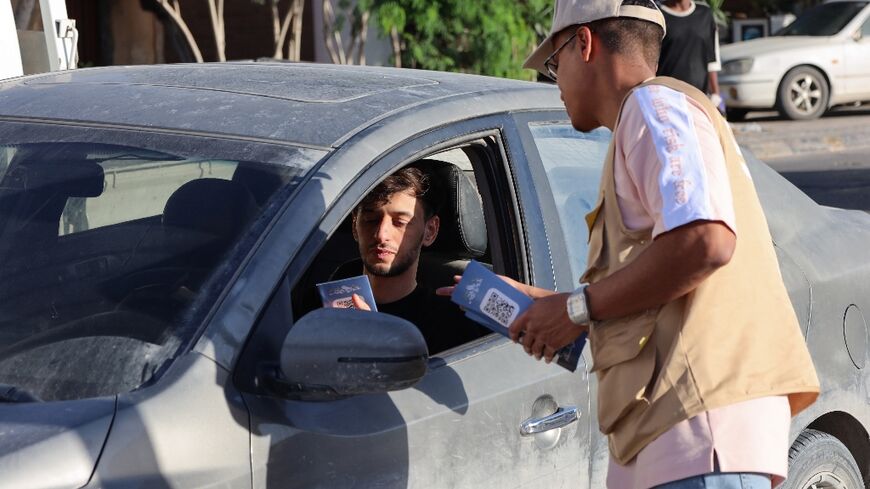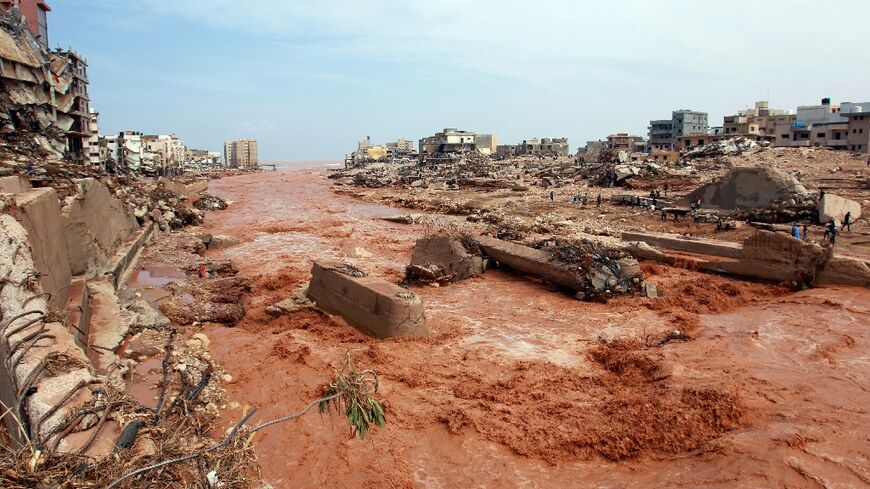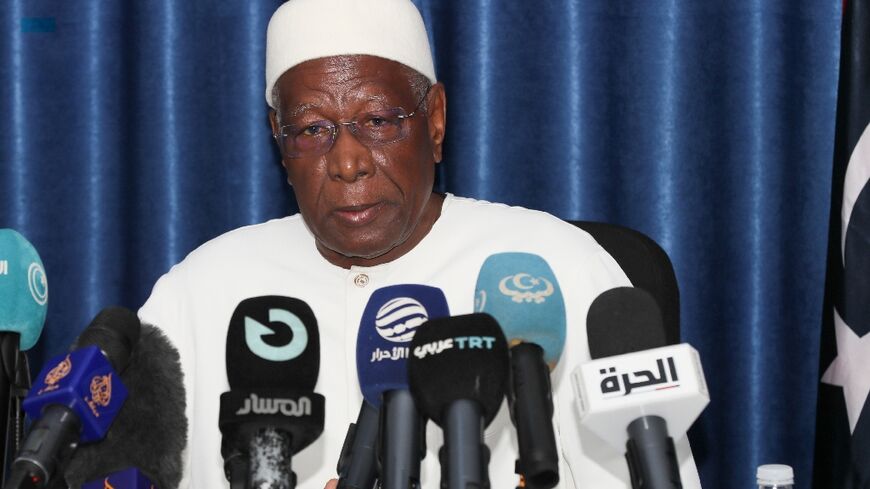UN proposes Libya stabilization, election plan

The UN has presented a plan to Libya to help it organize elections, unify competing governments and overhaul its institutions, the UN envoy to the troubled country told the Security Council Monday.
The vast North African nation of 6.8 million people has struggled to recover from years of conflict after the 2011 NATO-backed uprising that overthrew longtime dictator Moamer Kadhafi.
Libya remains divided between a UN-recognized government based in the capital Tripoli and a rival administration in the east, backed by military strongman Khalifa Haftar.
"Last night, I presented to the Libyan people the United Nations Support Mission in Libya's plan for an inclusive, inter-Libyan political initiative," said Stephanie Koury, the UN envoy to Libya.
The plan, she added, will help the country "overcome the current political deadlock and move beyond the status quo towards national elections and the renewal of legitimacy of Libya's expired institutions."
The UN's mission to Libya, UNSMIL, will establish an advisory committee to help resolve electoral issues and to pave the way for general elections, she said.
No indication of when the elections might be held has been given.
Libya's ambassador to the UN said that the speakers at the Security Council briefing on the situation in his country "owe an apology to the Libyan people."
"The only commonality is admitting a stalemate and lack of a clear vision or time frame while the upcoming political process remains elusive," said Libya's ambassador Taher al-Sonni.
He said that the successful delivery of recent local elections showed that the issue with staging a national vote was not logistical but political.
Following a ceasefire between warring sides in Libya's civil war, a UN-brokered agreement signed in Geneva sought to establish interim institutions as nationwide parliamentary and presidential elections were planned for December 2021.
Those votes were postponed indefinitely over disagreements on the legal framework under which they would be held.
Some local and regional votes have been held since, such as in Libya's third city Misrata on November 16, 2024, but no national democratic exercise has been conducted.
Koury said that in recent years Libya had been buffeted by economic headwinds -- as well as outside interference, although she did not single out specific countries for criticism.
"(But) Libya has the potential to become a beacon of stability and prosperity for the Mediterranean region and beyond," she said.
The UN would also seek to oversee a dialog to develop "a unified national vision" for the country's future.




